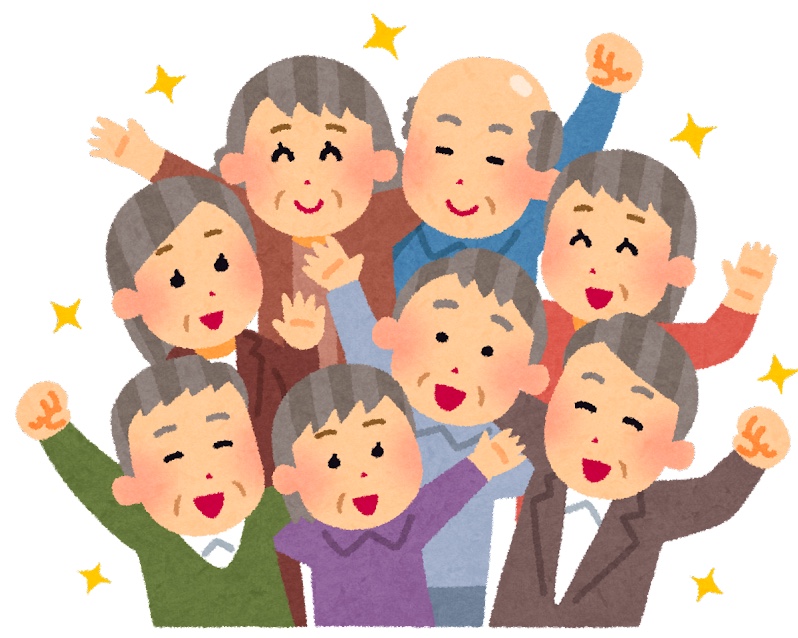According to the WHO’s 2022 World Health Statistics, the country with the longest average healthy life expectancy for men and women was Japan at 74.1 years. Let us explain why Japan has the longest healthy life prospect.
Japanese Food
Japan has a unique food culture called “Japanese food”. Consider, for example, the low fat content that characterizes the Japanese diet. Compared with other developed countries in the world, the Japanese diet has a very low fat intake.
Other characteristics include “grain intake,” mainly rice, and high fish intake. In addition, there is a high intake of soy products, including tofu, nato (fermented soybeans), and miso (fermented soybean paste), which is a food culture that is less susceptible to atherosclerosis.
Japanese people have long had the habit of drinking green tea, which is rich in antioxidants such as catechins and vitamin C, which can be expected to help prevent arteriosclerosis and cancer. Similarly, dietary fiber and dairy products may also have an impact on increasing average life expectancy in Japan. All of these can be considered characteristics of Japanese food, the Japanese diet.
Japanese food is a traditional Japanese food culture that is based on one soup and three dishes, with fresh ingredients prepared in a variety of ways while taking advantage of the flavors of the ingredients themselves, resulting in a perfect balance of nutrients.
However, there is a history of people suffering from leprosy and various nutritional deficiencies and having a short life expectancy in the days when traditional Japanese food was the mainstay of the diet. In other words, it is possible that today’s somewhat rearranged Japanese diet, rather than the traditional Japanese diet, is what supports healthy longevity in Japan today.
Improved Medical System
An essential reason for the longevity of the Japanese people is the medical system. Japan has several social insurance systems (medical insurance, pension insurance, workers’ accident compensation insurance, unemployment insurance, and long-term care insurance). Membership in these systems is mandatory, and is referred to as the “universal health insurance system. By enrolling in social insurance, the system provides coverage in case of illness, injury, hospitalization, and other emergencies.
This means that you can receive the medical care you want, when you want it, without worrying about finances. Of course, if the medical expenses are too expensive for you to pay out-of-pocket, the “high-cost medical care reimbursement system” is also available, making it easy for you to receive even relatively expensive medical care.
In addition, a system is in place for regular health checkups once a year, which enables early detection and treatment of abnormalities, and treatment of illnesses without making them more serious, or even preventing the illnesses themselves). At present, the health checkup rate for the elderly (75 years of age or older) in the later stages of life was 25.1% in 2013, but it is expected to increase in the future as the number of elderly people increases more.
On the other hand, some other countries do not have this “universal health insurance system” and all medical expenses are covered by the government. In such countries, people must purchase private medical insurance (social security) to cover their medical needs. In such countries, the gap between the rich and poor is large, and the poor are often unable to care for their health, and by the time they become aware of their illness, it is often very serious.
In addition, in Japan, although it is at one’s own expense, health checkups including more detailed examinations, such as physical examinations, brain scans, and cancer screenings, are available. In Japan, where the gap between rich and poor is not as great as in other countries, many people are willing to pay a little extra for these medical examinations.
It is believed that such a well-developed medical system has raised the average life expectancy of all Japanese citizens, resulting in one of the longest life expectancies in the world. Furthermore, the Japanese healthcare system is actively focusing not only on treatment but also on disease prevention and long-term care prevention as part of its policy to realize healthy longevity.
These national efforts are also thought to contribute greatly to the healthy longevity of the Japanese people.




Comments